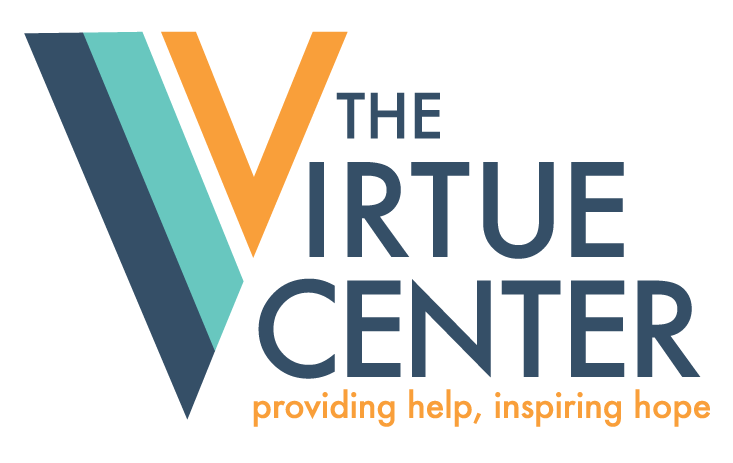Suicide and Mental Health
When I heard the devastating news that Naomi Judd, a world-renowned country singer, died from her mental illness, I was heartbroken.
A beautiful, talented and beloved woman died from her disease the day before being scheduled to be inducted into the Country Music Hall of Fame as a part of the duo The Judds. Her family revealed that she used a firearm, and her daughter Ashley Judd found her. The trauma and heaviness of this is profound.
Ashley shared on Good Morning America that her mother “couldn’t hang on” to be recognized by her peers.
“That is the level of catastrophe of what was going on inside of her,” Ashley said. “Because the barrier between the regard in which they held her couldn’t penetrate into her heart and the lie the disease told her was so convincing.”
As mental health issues continue to rise, exacerbated by the pandemic, the impact on our state and the country will force us to deal with this serious health issue that can end in death. Why do we continue to wait? How many ruined lives, destroyed families and unnecessary deaths will it take for us to take this seriously?
2021 America’s Health Rankings reports that Oklahoma is number 41 in the United States, which indicates that Oklahomans have higher prevalence of mental illness and lower rates of access to care. The same report cites suicide as the No. 2 cause of death in Oklahoma among children between the ages of 10-14, as well as young people between ages 15-24.
The Oklahoma Department of Mental Health & Substance Abuse Services reports that one in 10 students reported attempting suicide in the past 12 months. Each week, approximately 300 Oklahomans are admitted for urgent care or crisis mental health services.
Developing protective factors in our children and youth is vital to suicide prevention, and together as a community, we are responsible for ensuring these protective factors are in place. The Center for Disease Control reports the following as protective factors:
• Coping and problem-solving skills
• Cultural and religious beliefs that discourage suicide
• Connections to friends, family and community support
• Supportive relationships with care providers
• Availability of physical and mental health care
• Limited access to lethal means among people who are at risk
Unfortunately, limited availability of physical and mental health care continues to keep Oklahoma as one of the worst states for overall all health.
It’s important for each of us to be able to recognize the symptoms of mental illness and understand the ways we can help as individuals. The Mental Health Association of Oklahoma offers multiple screening tools on its website as well as QPR suicide prevention training. QPR (Question, Persuade, Refer) is a free one-hour training available to anyone 18 years and up. Their website is mhacok.org/.
If you or someone you know is suicidal, please call 1-800-273-TALK (8255) or 911 immediately. This is a 24/7 lifeline. Lock up any weapons to which the person may have access.
The Oklahoma Department of Mental Health & Substance Abuse Services is developing a comprehensive crisis response continuum to enhance services Oklahomans receive when they experience a psychiatric emergency with the goal of providing immediate access at the lowest level of care. 988 is a direct, three-digit 24/7 line that the Federal Communications Commission will turn on nationally on July 1, 2022, and this will be Oklahoma’s first step to connect people to a multi-level crisis response.
Let’s continue to work together to prevent suicide and help all people have the best mental health possible. The efforts will save an untold number of lives and save families and friends from the catastrophic grief of the suicidal death of a loved one.
Teresa Collado, MHR, is the executive director of The Virtue Center, a United Way of Norman Partner agency and funded in part by the Oklahoma Department of Mental Health & Substance Abuse Services. Their mission is to be a place of help and hope for people facing addiction and mental health challenges. For more information, contact 405-321-0022 or www.thevirtuecenter.org.
